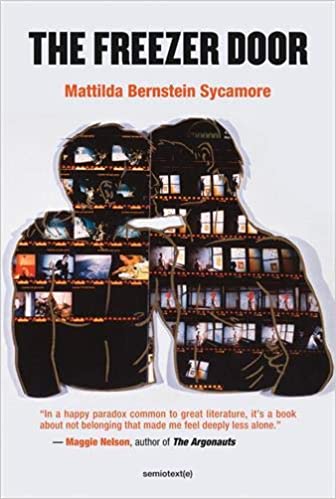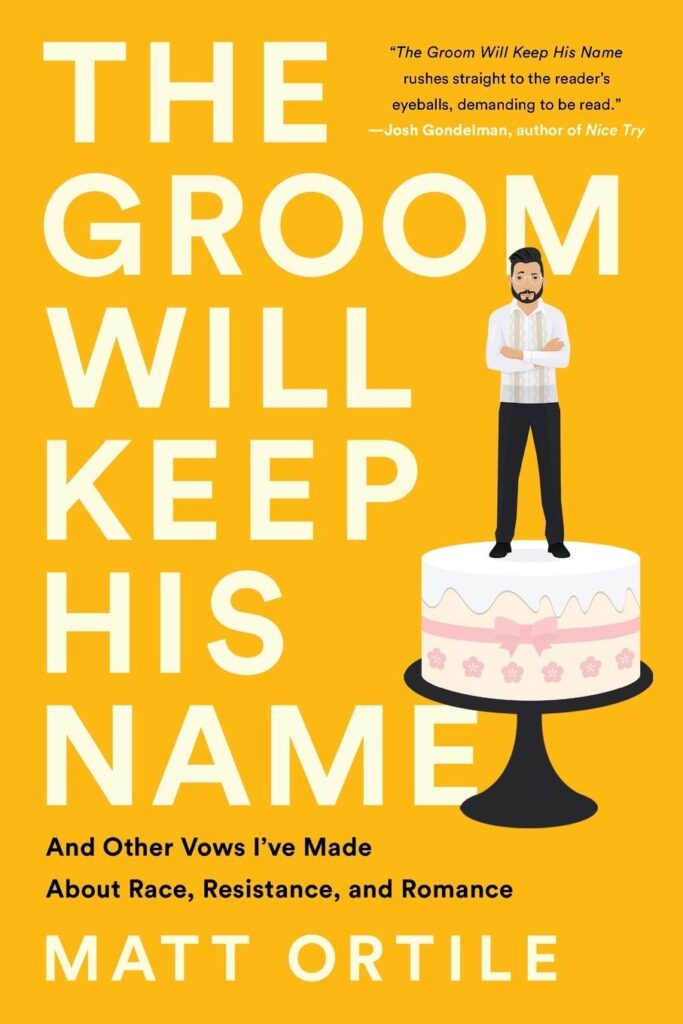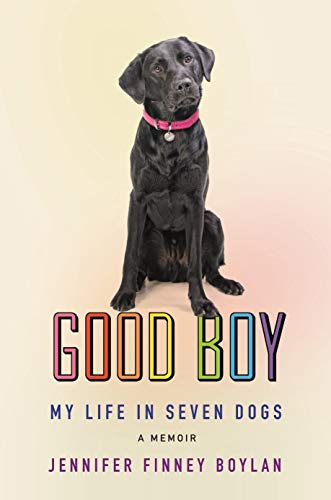
The Freezer Door Almost indescribably eclectic in both prose style and cornucopic social content, the sometimes dizzying, frequently devastating memoirs and autobiographical novels of Mattilda Bernstein Sycamore (Sketchtasy, The End of San Francisco, Pulling Taffy) prickle and tickle and at once, none more so than his latest, in which the genderqueer logonaut takes her pen to the gentrification and whitewashing of our cities and our bodies. What at first may feel like an unedited stream-of-consciousness turns out to shrewdly loop back on itself as the author exposes harsh ironies of contemporary American LGBTQ life. On post-PrEP urbanity: “We live in a far different world than the one where an HIV diagnosis meant imminent death, but we also live in a world where public demand for a cure is nearly nonexistent.” On internet hook-ups: “The best way to avoid bad sex is to search for good sex online, until you can’t find anything but the searching.”Mixing horror with humor, this is a book in which the author’s painful memories of being raped by her father jostle up against her hoariest of dad jokes. Experimental, yes; and the test tubes get thrillingly fizzy.

The Groom Will Keep His Name Matt Ortile’s bracing, compulsively readable essays explore his experiences in intersectionality: He’s a gay man, a Filipino immigrant, a brown-skinned person. While sometimes lighthearted, and always infused with a cheeky sense of humor, Ortile is not another “new Sedaris”; he’s a serious writer, directly taking on major cultural issues. He’s at his best when keeps things personal and grounds his bigger ideas in little details: The book’s first piece, an examination of how Ortile has used fashion choices to express, assert, deny and celebrate his identity is generally terrific, only faltering when he occasionally leans into more academic prose stylings. His look at the functions of casual sex in his early years in New York is fresh, insightful and told with an honest and much appreciated lack of shame or regret. Another essay, in which he considers and reconsiders his undergraduate years at Vassar finds Ortile purposefully twisting in self-contradiction; its as if we’re with him, watching him think, live on the page.

Good Boy: My Life in Seven Dogs Jennifer Finney Boylan is always good company. In her affable, shaggily constructed latest memoir, the transgender author, activist and New York Times columnist retells the story of her life—much of which will be familiar to readers of her earlier books, including the sublime She’s Not There—using a canine framework. Boylan reminisces about the solace and often unconditional affection that a series of dogs have given her through even the unsteadiest passages of her own life. Among her four-legged friends are childhood pet Playboy, an ungainly Dalmatian who elicited open affection from Boylan’s generally inexpressive father; Matt the Mutt, whose prescription for female hormones was strangely tempting to the author at the age of 21; and Ranger, a black Labrador puppy, who served as a precious emotional common denominator linking Boylan, her wife and sons in the immediate wake of transition. The dog stories here are well-told and familiar, themselves perhaps the sort of common denominator that could make Boylan’s gender journey more accessible to otherwise reluctant readers. And the final chapter’s revelation that, to Boylan’s utter surprise, one of her own grown children is trans will leave the author’s loyal longtime readership panting for a further volume.
